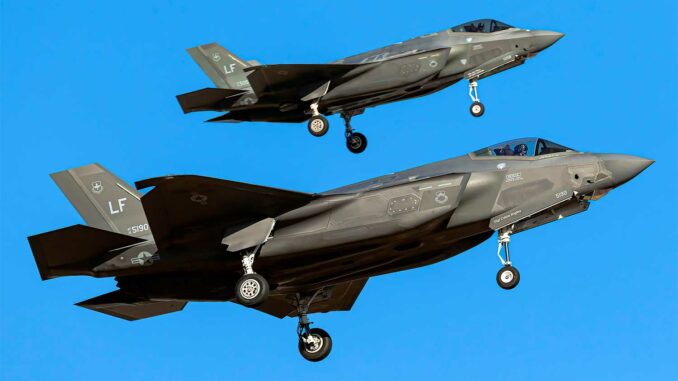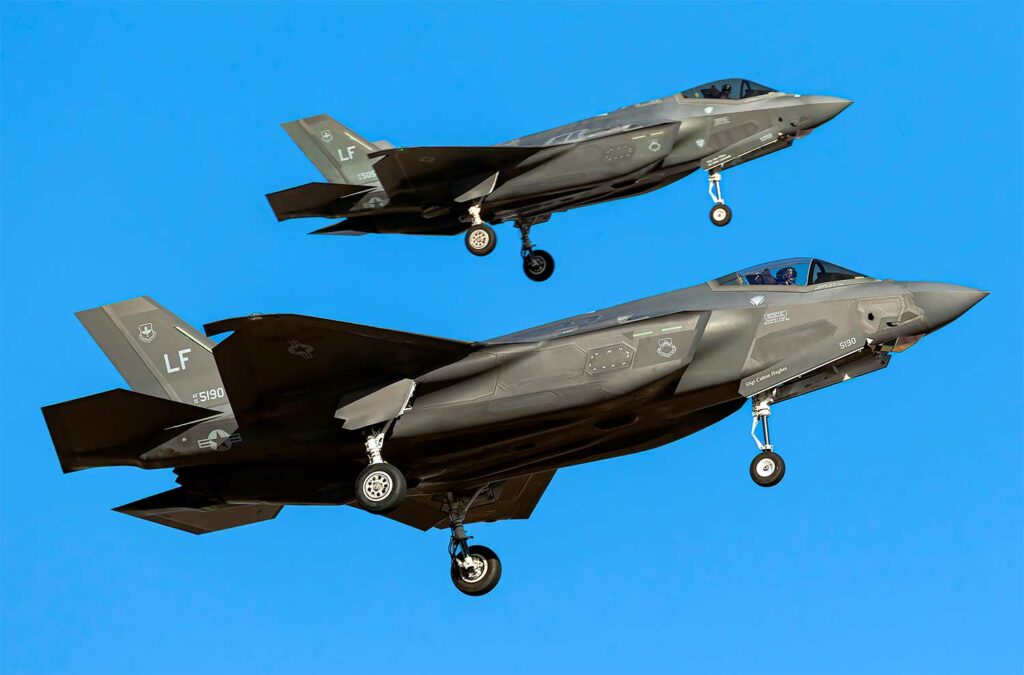
Belgian Minister Theo Francken launches a review of Belgium’s role in the FCAS following criticism from Éric Trappier regarding the purchase of F-35A aircraft.
Dassault Aviation CEO Éric Trappier has strongly questioned Belgium’s decision to purchase 11 American F-35A aircraft as it seeks to obtain full partner status in the European FCAS (Future Combat Air System) program. This stance comes after Belgium paid €300 million to join the program and is considering an even larger contribution in the next phase. Trappier said that only countries willing to buy European aircraft would be accepted into the consortium, arguing that, as things stand, Belgium was making a mockery of the project. In response, Belgian Defense Minister Theo Francken described the comments as “arrogant” and “unacceptable,” announcing a reassessment of Belgium’s role in the FCAS. The debate highlights the tension between national sovereignty in the procurement of capabilities and European solidarity in a critical industrial project. Belgium does not play a central technical role in the FCAS, but politically, uncertainty over its commitment is causing alarm in a program already weakened by structural disagreements between Dassault and Airbus. This standoff highlights the difficulties of reconciling operational choices and European industrial imperatives at a time when the program is targeting a first demonstration flight in 2029.
Belgium’s decision and criticism from Dassault
Belgium has approved a budget of €300 million to become a full partner in the FCAS program from the 2026-2030 development phase. It had already signed up for 11 additional F-35A aircraft, produced in Italy, in addition to the 35 initially ordered. For Éric Trappier, this double alignment is a major contradiction: he stated that “if Belgium renounced the F-35, it would be welcome”, otherwise it would be seen as mocking the European consortium. Trappier considers that the US purchase is incompatible with access to French or German industrial spin-offs. He believes that joining FCAS imposes a European purchase obligation, under penalty of rejection. This position illustrates Dassault’s strict strategy to secure orders for its future aircraft, in particular the New Generation Fighter (NGF). Francken took note and responded head-on.

Belgium’s response and its implications
Theo Francken said that the government would launch a formal assessment of its participation in the FCAS, considering Trappier’s criticism to be bordering on arrogance. In his view, a founding member of NATO and the European Union cannot accept lessons from industrial leaders. The message is clear: strategic sovereignty must take precedence over industrial diktats. Belgium has remained an observer member since April 2024, but had announced its intention to become a partner as soon as possible and join phase 2 in 2026. Like several other allies, notably Germany, it is pursuing a diversified agenda combining US purchases and participation in a European project. Belgium’s position reveals the dilemma between cooperation and operational autonomy, as well as the importance of choosing equipment in line with military alliances. The possible withdrawal of the European consortium would initially have a symbolic political effect, amplifying the perception of divisions in the continent’s major defense programs.
The industrial and geopolitical stakes of the FCAS
The FCAS brings together France, Germany, and Spain, with Dassault as the prime contractor for the NGF, Airbus for the “loyal wingman” drones, and Indra for the sensors. The program is estimated at €5 billion for the 2026-2030 phase, then €40-50 billion until the 2040s. It is supposed to deliver a fully operational sixth-generation fighter by 2040. However, internal disputes, particularly between Dassault and Airbus over the sharing of key segments (NGF, engines, sensors), are slowing progress. Dassault is claiming up to 80% of the work on the NGF, which Airbus refuses to accept, threatening to break off cooperation. Trappier has warned that without institutional clarity, the project could collapse. If Belgium withdraws or reduces its contribution, this will not disrupt the consortium technically, but it will send a negative signal about the political strength of the program, which is in fierce competition with the British-Italian Tempest/Edgewing project.
Sector analysis: strategic consistency or contradiction
For Belgium, the purchase of the F-35A will enable it to rapidly strengthen its tactical capabilities with a fifth-generation aircraft that is compatible with NATO. It provides consistency with existing stocks and training. However, this choice conflicts with its desire to join a major European industrial program, forcing it to choose between immediate efficiency and political industrialism. Dassault is imposing a captive market logic for its future aircraft. Francken is regaining the political upper hand by asserting that a state’s defense should not be dictated by a private manufacturer. This standoff highlights the complexity of industrial-civilian intermarriages in Europe. It serves as a reminder that programs such as FCAS require a common political vision, but also national strategic flexibility to deal with the realistic constraints of military orders.
Outlook and scenarios to watch
Belgium could decide to renounce its status as an FCAS partner, remain a mere observer, or impose a tolerance clause with regard to the purchase of F-35s. This will depend on further discussions between the governments concerned. For their part, Dassault and Airbus must resolve their dispute over their respective responsibilities. European leaders, including the French and German defense ministers, have until the end of August to propose a clear roadmap, according to recent statements by political leaders. If no solution emerges, the FCAS program could delay its demonstrator scheduled for 2029.
Beyond that, this affair raises the question of cohesion between national requirements and European ambitions. It calls into question the ability of states to combine strategic autonomy, diversified procurement, and balanced participation in major industrial projects on the continent.
War Wings Daily is an independant magazine.